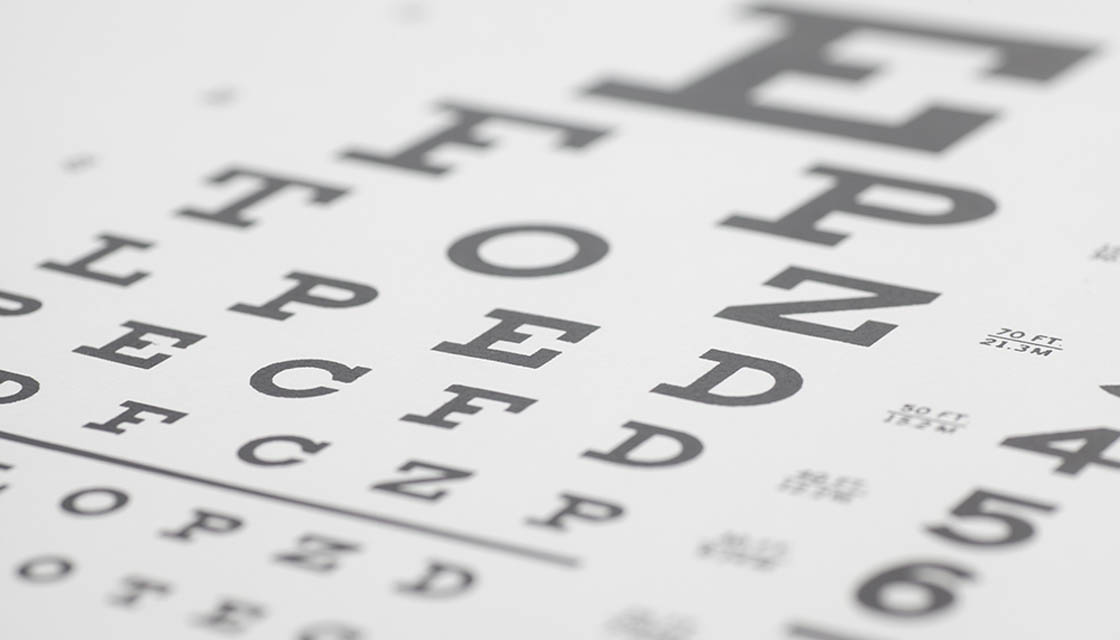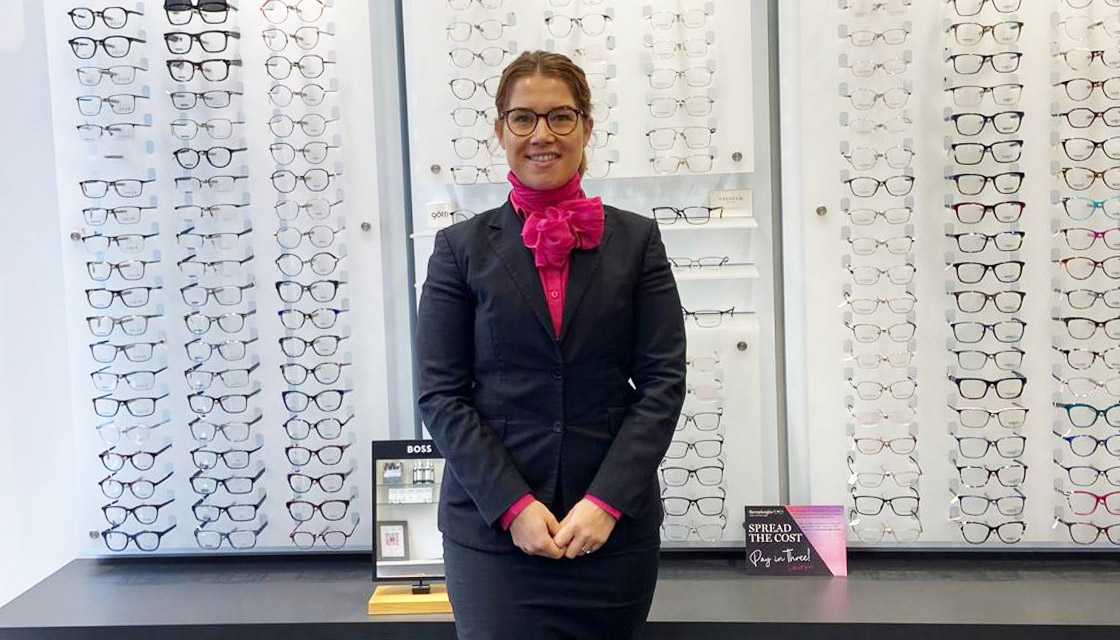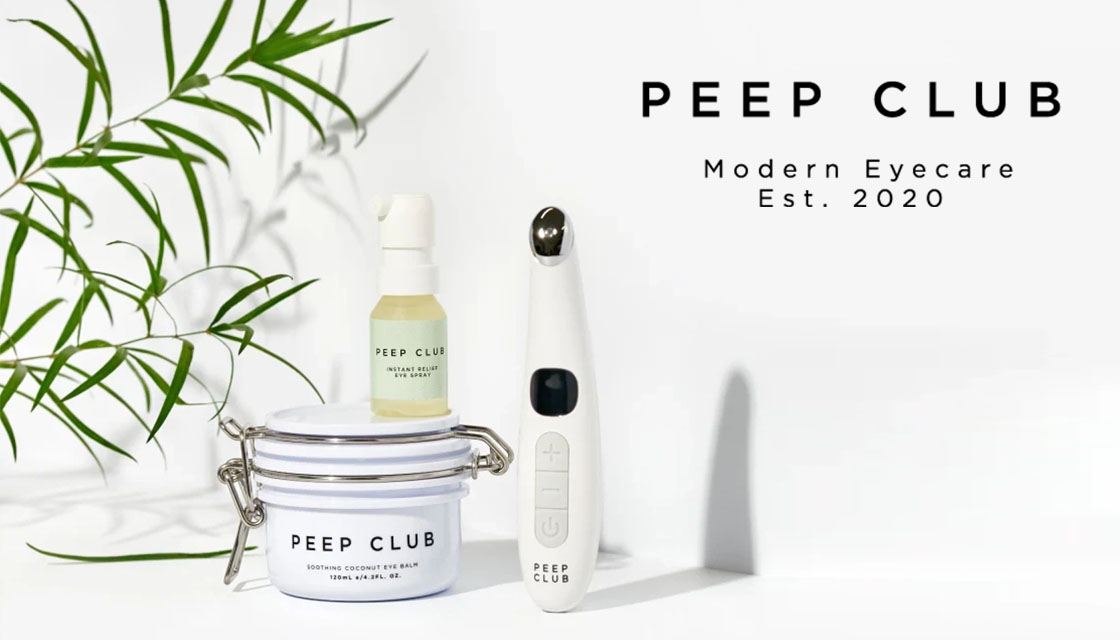Did you know that 80% of what you perceive¹ comes from what you see? Undoubtedly, good eyesight is vital to your daily functioning and your overall enjoyment of life. However, if you're like the average adult, you may not be getting as many eye check-ups as you need. This can be quite unfortunate, considering that many eye diseases, such as infections, vision impairment, and blindness, can be prevented. While not all medical eye conditions are treatable, visiting your optometrist can help you avoid visual problems. In this article, we will talk about some of the top reasons to get an eye examination.
The importance of eye examinations
Still not convinced that getting your eyes checked is essential? Then, read on to find out why you should get an eye exam today.
1. Eye tests can lead to the early detection of eye diseases
The earlier you can find out about your eye problems, the higher the chances of addressing them when they're most treatable. Prompt diagnoses may save you years of unnecessary suffering, medical care, and even surgery. For instance, you can discover conditions such as uncorrected refractive errors, glaucoma - and cataracts with a thorough eye exam. Uncovering them at their earlier stages can keep them from becoming debilitating and even help arrest their progression into irreversible vision loss. Many of these eye diseases typically develop over a span of years and only reveal their symptoms when it may be too late. Thus, timely detection can give your eye care professional the opportunity to provide you with the correct eye care and treatment that you need with enough years on the clock to spare.
2. Eye exams can help disclose other medical disorders
Visual problems may be symptoms of underlying health conditions. For example, diabetes can cause neovascular glaucoma, where the blood vessels surround the iris (the coloured tissue in your eyes that contain the pupil). These can keep fluids from flowing normally, increasing your eye pressure. Requesting advanced retinal imaging techniques such as OCT in your eye exam can help your optometrist determine if you are suffering from high blood sugar.
Other diseases that eye exams can catch include the following:
Other diseases that eye exams can catch include the following:
- Thyroid problems
- Heart disease
- High blood pressure
- Rheumatoid arthritis
- Parkinson's disease
- Multiple sclerosis
- Certain blood diseases
- High cholesterol
- Liver disease
- Cancer
3. Your eyes also age
As you get older, time can take its toll on your eyes, together with the rest of your body. The usual age-related eye diseases are presbyopia (worsening near vision common to adults in their 40s and up), macular degeneration, glaucoma, and cataracts.
This means that you also must take regular care of your eyes as an adult, not just in your childhood or teenage years. A good eye care routine includes attending routine eye tests. If you have risk factors such as a history of eye disease in the family, personal health conditions that are chronic, existing visual problems, or symptoms of potential eye strain, you will need more frequent eye tests. In their absence, most optometrists will recommend complete eye exams once every two years for adults.
This means that you also must take regular care of your eyes as an adult, not just in your childhood or teenage years. A good eye care routine includes attending routine eye tests. If you have risk factors such as a history of eye disease in the family, personal health conditions that are chronic, existing visual problems, or symptoms of potential eye strain, you will need more frequent eye tests. In their absence, most optometrists will recommend complete eye exams once every two years for adults.
4. Eye health is linked to brain health
We all know that having a normally functioning brain is essential to our overall health. This vital organ controls so many of our functions that makes it such an important factor in being able to enjoy a productive life. It is therefore vitally important that we keep them healthy.
One study published by the American Academy of Neurology showed that certain eye conditions, such as retinal damage from mild vascular disease, are linked to cognitive problems with thinking and memory². Also, our retinas (nerve tissues located at the back of our eyes) are, in reality, extensions of our brains3. As you can see, there exists a level of codependency between the two organs. Therefore, by protecting your eyes, you are also safeguarding the health of your brain.
One study published by the American Academy of Neurology showed that certain eye conditions, such as retinal damage from mild vascular disease, are linked to cognitive problems with thinking and memory². Also, our retinas (nerve tissues located at the back of our eyes) are, in reality, extensions of our brains3. As you can see, there exists a level of codependency between the two organs. Therefore, by protecting your eyes, you are also safeguarding the health of your brain.
Taking care of your eyes
Having regular eye exams is absolutely vital. In addition, you should give your eyes the TLC they need by following these practical tips:
1. Protect your eyes from the sun
Exposure to UV radiation can cause damage. Save your eyes by putting on sunglasses or a wide-brimmed hat whenever you're outdoors.

2. Keep to the 20-20-20 rule
Prevent eye strain by adhering to the following:
- Every 20 minutes, look away from your computer screen and fix your sights on an object 20 feet away.
- Blink successively for 20 times to keep your eyes lubricated.
- Every 20 minutes, get up from your sitting position and walk 20 steps to improve blood flow.

3. Eat a healthy diet
Include foods with omega-3 fatty acids, lutein and zinc that can boost eye health. Such foods include:
- Oily fish like salmon and mackerel
- Green leafy vegetables like kale and spinach
- Eggs
- Beans
- Nuts

4. Stop touching your eyes
Touching or rubbing your eyes can increase the risk of infections. If you feel the urge to rub them, try doing these more sanitary practices:
- Use a tissue when trying to adjust your glasses.
- You tend to touch your eyes when they're dry. Dryness can be reduced by using eye drops.
- If you really need to touch your eyes, wash your hands first with soap and water for about 20 seconds.

The Takeaway
If your last eye exam has been a while now, we hope that the reasons we've shared here are enough to get you to visit the optometrist again soon. Protect your eyes for a healthier, happier life and book that eye exam today!
Complementary guest article written by Katie Pierce.





















